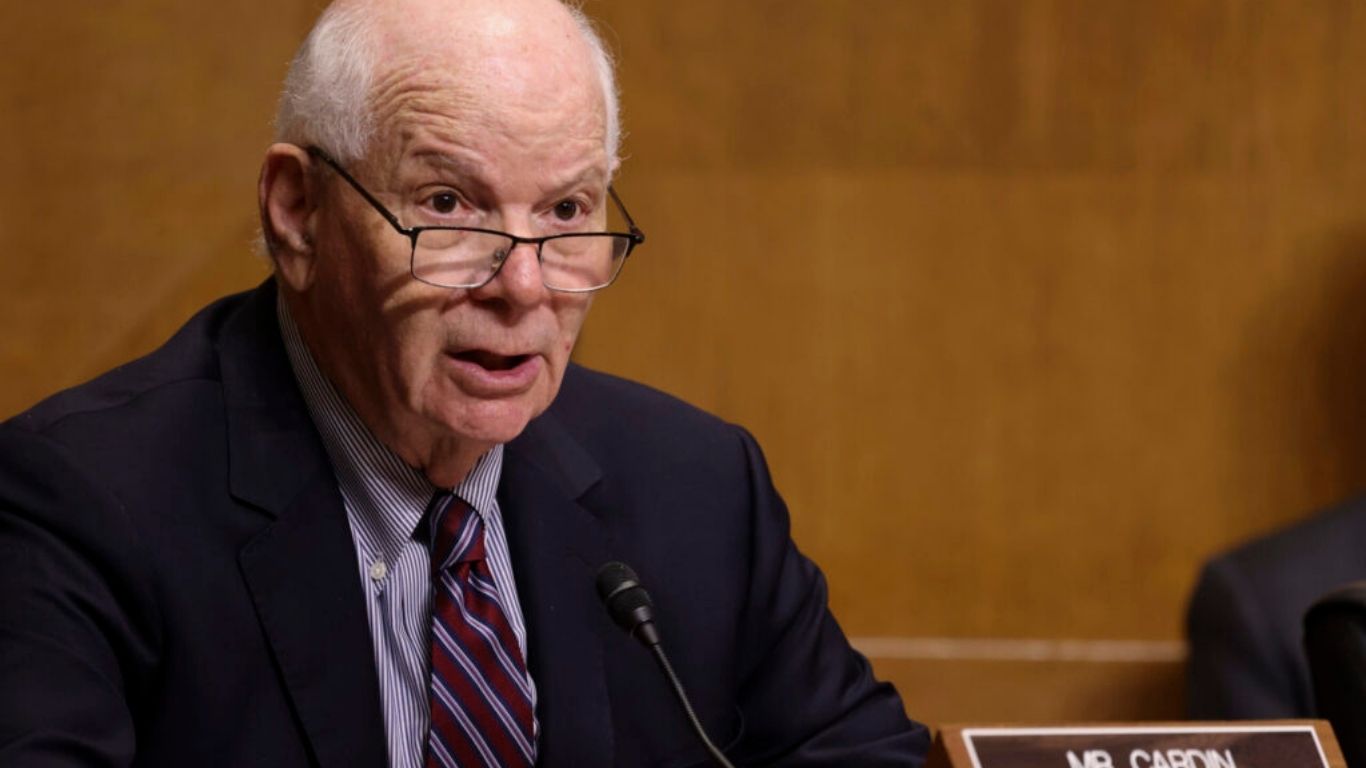There is again a state of trade war with US-Canada. Ontario Premier Doug Ford issued a clear warning: if US President Donald Trump proceeds with levying additional tariffs on products from Canada, Ontario would suspend electricity exports to Minnesota, Michigan, and New York.
Ford has also previously declared that a 25% surcharge on electricity exports will be charged from Monday, effectively increasing its cost for American consumers and business.
“I do not want the Americans to lose because they did not start this tariff war. It’s Trump’s decision,” Ford went on.
What’s Causing the Stress
This latest dispute is due to Trump’s latest tariff measures. Trump has threatened tariffs on Canadian timber and milk if Canada and Mexico do not increase their efforts at fentanyl blocking into the U.S.
This move, Ford’s, is a retaliatory move, attempting to protect Canada’s economic interests. His move, however, would also have severe repercussions for American states that depend on energy from Canada.
Financial Effect: Which Will Suffer More
Canada’s energy sector can suffer financially, as Ontario exports billions of dollars’ worth of electricity into the US. Cutting back on this production will create a surplus on Canada’s network, which will bring operational and financial issues.
For American consumers, the impact would occur immediately. New York, Michigan, and Minnesota all rely on imported electricity from Canada, and a 25% surcharge would increase family electric bills as much as $100 a month. Businesses here, particularly manufacturing operations, would also experience a jump in cost.
There are not winners with a trade war, one Canadian economist argued in assessing what is occurring.
Political Reality: The Political Struggle for Power and Influence
This is not only an economic matter but also a political one. Ford has sounded off throughout North American media, positioning himself as a tough leader standing up against Trump’s aggressive policy on trade. And Trump’s threats of tariffs are part of his 2024 campaign plan, wooing American manufacturers worried about getting priced out by foreign rivals.
Now, the question is for real: whoever blinks first?1
If Trump escalates tariffs, Ford has vowed to escalate his retaliation. If Canada cuts off electricity entirely, however, the Biden administration, governors, and business leaders may pressure Trump to the bargaining table.
What comes next?
If the trade war continues escalating, there are options that each country might pursue:
- America can try other sources of energy, but substituting Canadian electricity within a near time frame would be challenging and costly.
- It may redirect its excess energy into domestic industry, but export earnings will not be compensated for.
- Diplomacy can stop further escalation, but with two recalcitrant leaders, compromise may not occur.
With each entrenchment, the tariff war is not merely a fight for tariffs anymore—but a fight for economics, for politics, and for survival. The world will watch with anticipation if this energy standoff will end with a breakthrough, or at a full-blown crisis.




